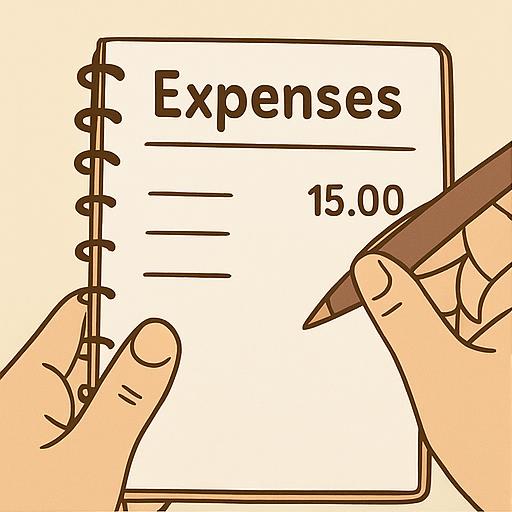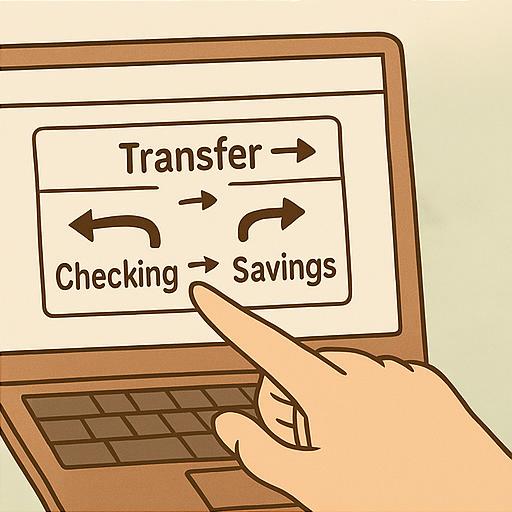
1. Understand your financial picture
Begin with an honest assessment - list all your income sources and expenses. Knowing your current situation clearly helps you identify areas for improvement. Keep all statements, bills, and receipts organized so you can refer back easily. Awareness is key to efficiency.
Even small leaks can add up, so it’s helpful to see the full picture. A clear overview gives peace of mind and confidence that you’re on track.

2. Separate needs from wants
Efficient financial organization requires distinguishing between essentials and extras. Classify expenses into categories such as housing, utilities, food, transportation, and discretionary spending. This breakdown makes it easier to manage costs without guesswork.
Ask yourself before every purchase whether it serves a necessary purpose. Mindful spending keeps your finances lean and focused on what matters most.

3. Automate payments and savings
Reduce the chance of missed bills by setting up automatic payments for regular obligations. Automating transfers to savings accounts ensures you pay yourself first, a hallmark of efficient money management. These systems simplify your life and reduce manual tracking.
Automation doesn’t mean neglect - review periodically to adjust amounts as your financial life changes. A smooth system frees up mental energy for other priorities.

4. Track and review progress regularly
Make it a habit to review your financial status at the end of each month. Look for patterns, improvements, or setbacks. Efficient organization means adapting to new challenges while maintaining control. Use simple tools like spreadsheets or budgeting apps.
This regular review keeps your financial plan aligned with real life - and helps you stay disciplined when temptations arise.

5. Keep financial records accessible
Maintain a simple filing system for tax records, bank statements, insurance policies, and other important documents. Efficient organization means you can retrieve any record quickly. Go digital if possible - scanned copies reduce clutter and improve security.
Being organized saves time when emergencies happen and reduces stress at tax time. It’s a small effort with lasting benefits.

6. Simplify your accounts
If you have multiple bank accounts, loans, or credit cards, consider consolidating where it makes sense. Fewer accounts mean fewer statements to review and less opportunity for errors. Organization starts with simplification.
This doesn’t mean closing useful accounts - it means making sure each one serves a clear purpose and contributes to your financial efficiency.
Photo: taken from the internet